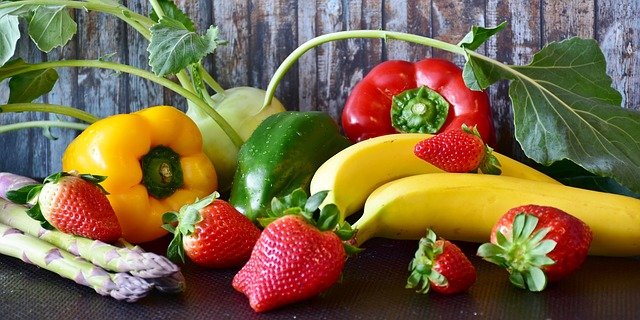It is estimated that one third of all food produced will be wasted. The article published by the U.S. Academy of Sciences describes, however, the new criterion for measuring food waste, according to which this loss may be much higher.

Scientists from the Weizmann Institute of Science in Israel created a new term: Possible Risk of Food. Alon Shepon, Gidon Eshel, Elad Noor and Ron Milo compared their area of agricultural land to cultivate animal foods in their research, with the land needed to grow herbal food, and made some very surprising discoveries.
The difference in efficiency between beef and protein crop cultivation was almost 25-fold. To obtain the most accurate results, researchers compared the cost of producing specific foodstuffs and discovered that the same grass carp can grow 100 grams of protein per four grams of protein derived from beef. The area of beef was compared to the widespread use of protein crops in the world: potatoes, soy beans, garlic, sugar cane and peanuts.
"The analysis shows that by giving preference to vegetarian food, we would be able to potentially produce a larger amount of food than keeping the nutrients wasting," said Alon Shepon, lead author of the project.
With a deductible expense of 96 percent, Shepon and his colleagues will name a possible food breakthrough. The same is true for other animal food sources: 90% for pigmeat, 75% for dairy products, 50% for poultry and 40% for eggs.
"The potential food intake should be taken into account if we want to make informed diet choices that increase global food security," said Professor Ron Milo, one of the co-authors of the research.
These numbers are considerably higher than any previous evaluation method used to waste food. The choices we make on our food table seem to play a very important role in how much energy and work are being put into food production. The potential food risk is a good term for assessing the effectiveness of the food industry, because it ignores only the energy value of the food but also its specific composition.